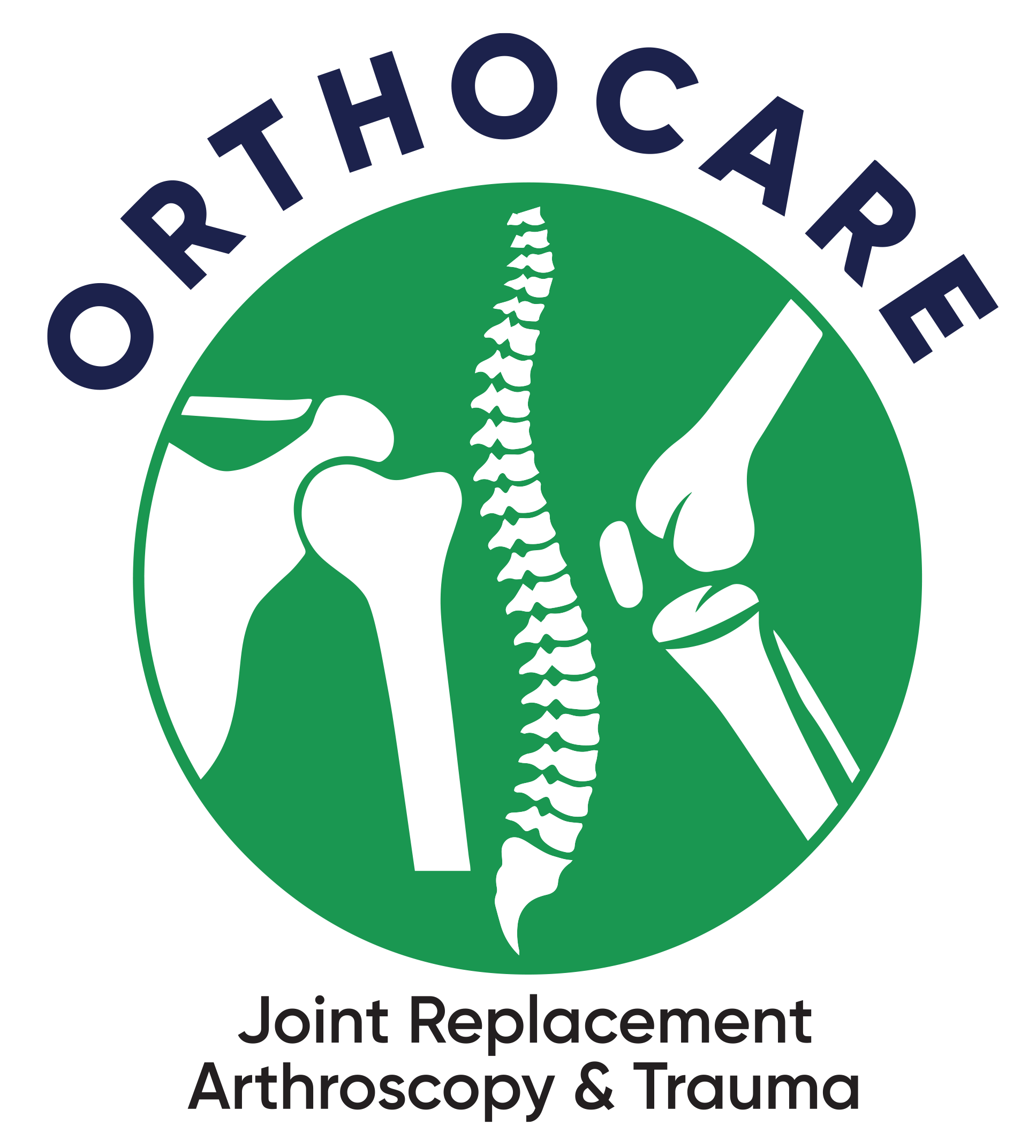Hip replacement surgery is one of the most successful medical interventions which promises pain relief and improved mobility function for patients with hip problems. Thousands of patients undergo hip surgery worldwide and it is no different in India.
As two-thirds of the surgeries are done on patients over the age of 65, hip replacement is often assumed as a surgery for the elderly. However, that’s not completely true as there are several factors one needs to consider before deciding to undergo hip replacement surgery.
If you live in Bangalore and suffer from hip disorders, always consult a qualified doctor. Dr. Chethan Nagaraj is one of the leading, trusted and experienced doctors. Book an appointment today for the best total hip replacement surgery in Bangalore.
What is the Best Age for Hip Replacement?
Orthopaedic surgeons look for different signs and symptoms that indicate hip replacement surgery as the possible treatment option. Similarly, there are contraindications that may force doctors to recommend against surgery. Find out more about indications and contraindications below.
Hip Replacement Surgery Indications
Patients with the following conditions are more often than not candidates for hip replacement surgery:
- Severe Arthritis of the hip
- Osteoarthritis
- Rheumatoid arthritis
- Post-traumatic arthritis
- Ankylosing spondylitis
- Advanced stages of Avascular necrosis (AVN) of hip
In addition, the following symptoms may show that the patient needs a hip replacement for an active lifestyle:
- Difficulty in walking, climbing and bending
- Moderate to severe pain even while resting
- Degeneration of hip joints causing stiffness
- Severe restrictions of hip movements
- Non-surgical options such as medications, physical therapy, and injections do not provide any relief
Indications for Surgery in Detail
Pain
Severe pain is one of the major indications for hip replacement surgery. Pain affects arthritis hip patients in the groin, and buttocks, radiating downwards to the thigh and at times upto the knee. Pain in the night time is also an indication. Post the surgery, the patients often get very good relief from pain within a week.
Mobility Limitations
Patients who are unable to perform everyday activities such as walking, bending, sitting, twisting or climbing are advised surgery. The functional limitations affect people with inflammatory arthritis. After hip replacement surgery, improvements in mobility are highly rewarding.
Stiffness
In some patients, it has been observed that hip joint stiffness without pain is an indication of hip surgery. Some Hip conditions lead to severe restriction of movements, forcing the patients to be in bed or require walking aids. Hip replacement surgery greatly helps such patients.
It is important to always consult a doctor before deciding on hip replacement surgery.
Hip Replacement Surgery Contraindications
Patients who have a high risk of post-surgery complications are advised not to undergo surgery. Some of the factors that make patients ineligible are listed below.
- Infections
- Severe Osteoporosis
- Dementia and certain neurological conditions
- Poor muscle tone and spasticity
- Severe Heart disease
- Uncontrolled Type 2 Diabetes
Age
Age is not a contraindication to hip replacement surgery. As you can see from the above discussion, different factors influence hip replacement surgery. Therefore, there is no specific hip replacement age limit.
Today, people from age 19 up to 90 and beyond undergo hip replacement surgery. This is chiefly because of the advancements made in prosthetic technology and material. Previously, doctors were reluctant to perform hip replacement in children and young adults as the implants did not have a long life. Today, hip implants last for 20 to 25 years. With new insertion techniques and innovative material, it may increase to 30 years. If you are 45 or above, know that hip replacement at the age of 45 is certainly possible.
The prevalence of hip arthritis due to avascular necrosis has significantly increased after COVID and associated treatment. With this more and more people of younger age group are developing severe disability of the hip. Hip replacement surgery is essential in these patients to ensure that they get back to normal life and restore their earning potential.
Hip Replacement Surgery Recovery Time
Typically, hip replacement surgery recovery will take two to four weeks. However, it is essential to note that the recovery period varies from one patient to another. It will depend on various factors such as age, health, other health conditions, lifestyle and more.
Hip Replacement Surgeon in Bangalore
Dr. Chethan Nagaraj is one of the prominent, trusted and qualified orthopaedic doctors in Bangalore and nearby regions. He has performed complex hip and knee surgeries and helped countless patients to lead a normal life post-recovery period.
He has completed accredited international fellowship training from Australia, New Zealand and Japan. In addition, he has worked at prestigious medical hospitals such as AIIMS, New Delhi. If you want to know more about the medical services offered, treatment procedures and appointments, contact us today.

